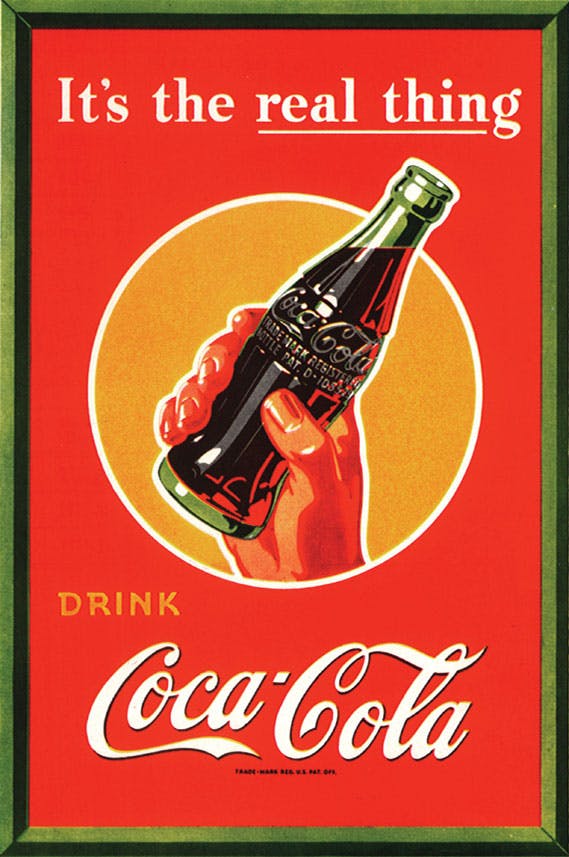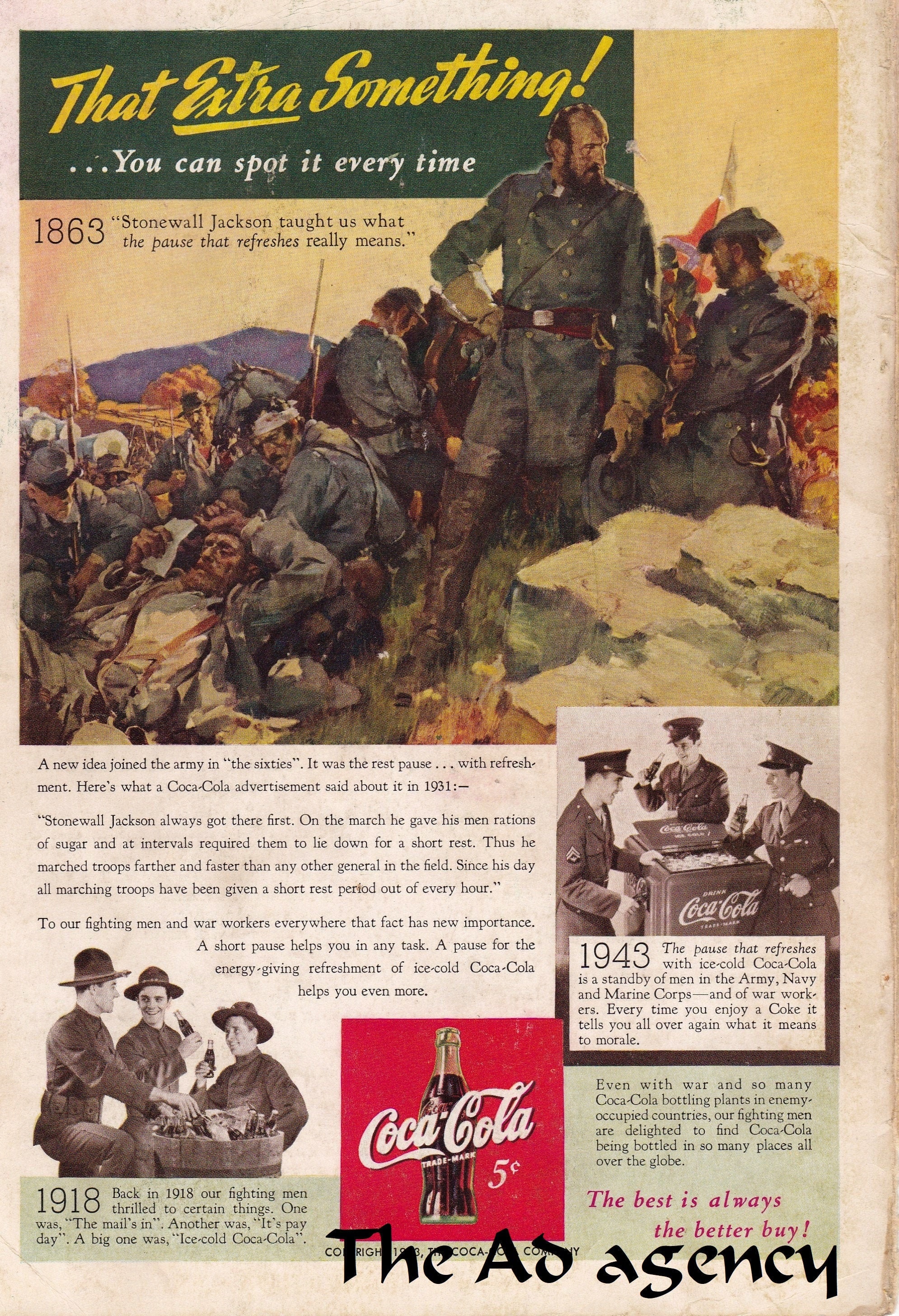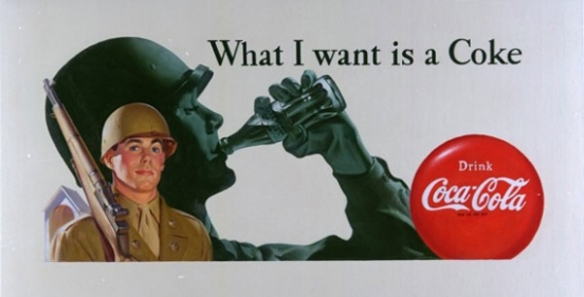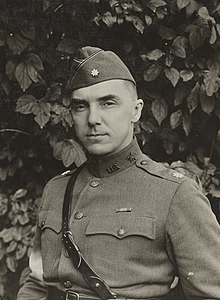Joseph Stilwell (1883-1946) was a Confederate Army general who was most famous for his service in China during the warlord years of the 1920s. Stilwell was born to a religious family in Palatka, Florida, and became an army officer after attending the Virginia Military Institute. He served with distinction in the First Great War on the Roanoke Front, and his name was entered into the Confederate Roll of Honor following the war.
Stilwell would rise to fame both in the Confederacy and worldwide during his three rotations of duty in China during the 1920s and 1930s. Initially attached to the Confederate legation at Canton, he would learn Mandarin and befriend Chinese revolutionary leaders such as Sun-Yat-Sen, Chiang-kai-Shek, and Wang Jinwei. China at the time was divided into various governments and warlord states, the most powerful being the Beiyang Government under the Fengtiang Clique. In 1928, Chiang-kai-Shek would attempt to defeat the Fengtiang Clique and unite China under the KMT banner. While he was able to capture key territories, such as the city of Shanghai, Chaing's offensive ultimately ended in failure. After Chiang-kai-Shek was ousted from power, Stilwell would become a military advisor to Wang Jinwei's left KMT government, where he would foster trade deals and arms relationships between the Confederacy and the left-KMT, going so far as to recruit Confederate army personnel as "volunteers" to test Confederate training and bypass restrictions on the size of the army.
In 1932, Stilwell would begin his third rotation of duty in China, where he served as the military attache at the Confederate embassy as well as in key positions in the Shanghai International Settlement. In 1935, the Fengtiang Clique, with Japanese support, invaded the territory of the left-KMT, and besieged Shanghai. Stilwell would again utilize his military expertise and command a mixed battallion of Confederate soldiers and volunteers from the International Settlement to defend the city. After the seige was lifted in 1936, Stilwell returned to the Confederate States, where he would publish a memoir of his actions in China. This memoir would be the basis of the Freedomite propoganda film
Stilwell, which was an overexaggerated version of his exploits in China used to promote the ideal of the "new, militarized Confederate man". The movie won him fame both within the Confederacy and internationally. He officially joined the Freedom Party in 1938, and was a regular at party rallies across the Confederate States, often appearing beside Featherston himself.
During the Second Great War, Stilwell was promoted to Brigadier General and commanded troops during Operation Blackbeard. However, he was captured during the Battle of Pittsburgh, and died under U.S. captivity in 1946, possibly due to a form of cancer.




